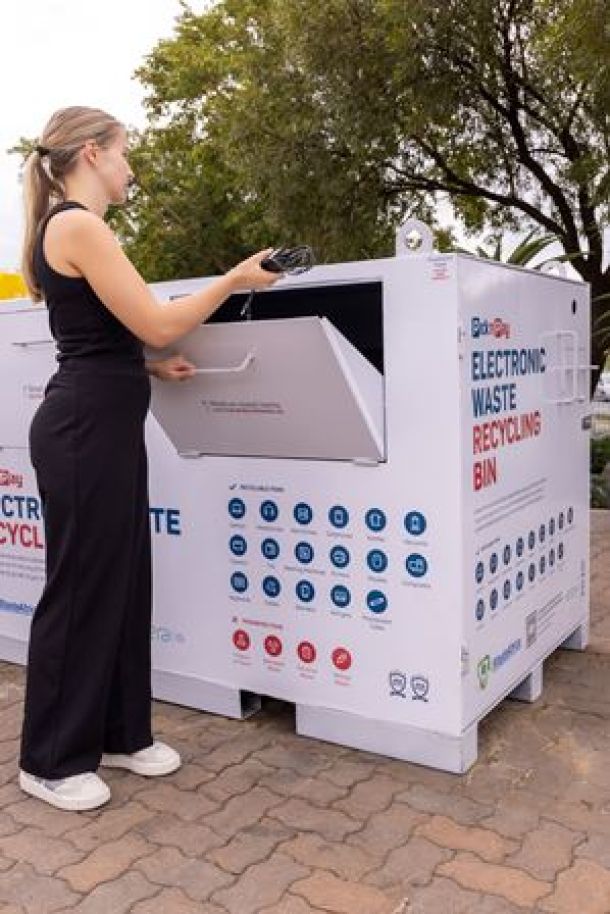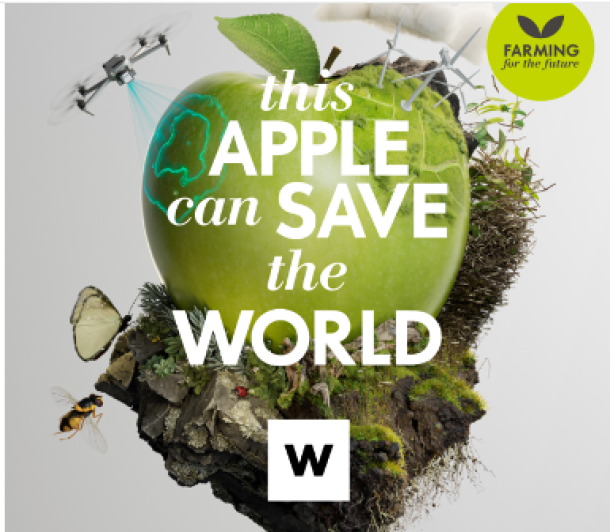Companies Commit to Simplify Food Date Labels Worldwide by 2020, Reducing Food Waste
“Sell by,” “Use by,” “Display until,” “Best before,” what do they all mean? Consumers around the world navigate a range of date labels on food products, and the resulting confusion costs families up to $29 billion annually in the United States alone.
The Consumer Goods Forum (CGF) – a network of 400 of the biggest consumer goods companies across 70 countries – along with Champions 12.3 has approved a Call to Action to standardise food date labels worldwide by 2020.
The CGF Board of Directors unanimously adopted the Call to Action to simplify date labels, including companies like Tesco, Kellogg, Walmart, Campbell Soup, Bimbo, Pick n Pay, Nestlé, Carrefour and Unilever. The Call to Action says retailers and food producers should take three important steps to simplify date labels and reduce food waste by 2020:
Only one label at a time
Choice of two labels: one expiration date for perishable items (e.g. “Use by”) and one food quality indicator for non-perishable items (e.g., “Best if used by”). The exact wording will be tailored to regional context
Consumer education to better understand what date labels mean
The announcement expands national efforts to streamline date labels in the United States, United Kingdom and Japan to the rest of the world.
In addition to the labels on products, the Call to Action recommends companies partner with nonprofit organisations and government agencies to educate consumers about how to interpret date labels. Education efforts could include in-store displays, web materials and public service announcements. Many consumers don’t know, for example, that many products are still safe to eat past the “Best if used by” date.
“Four years ago, Tesco was one of the first retailers to roll out single date coding across our fresh food and meat produce. All the evidence from WRAP and our own Tesco research has shown that streamlining date codes helps customers waste less food and it also reduces waste in our own operations. That’s why it’s so important we extend this practice to more companies in every country. Streamlining date labels worldwide by 2020 could be game-changing in the fight against global food waste”, said Dave Lewis, Group Chief Executive of Tesco and Chair of Champions 12.3.
“Kellogg Company is working to reduce food loss and waste along the production and supply chains, and we want to encourage consumers to be part of the solution too. As a global food company, we work to reduce hunger, improve nutrition and protect the planet”, said Maria Fernanda Mejia, Sr. Vice President of the Kellogg Company and President of Kellogg Latin America. “Simplifying food date labels is an important step forward in preventing food waste, and will help end the confusion related to ‘sell by’ dates. Kellogg is an enthusiastic supporter of improved and harmonised food labelling standards to help educate and empower consumers to prevent food waste, save their families money, and conserve resources to protect our planet”.
“Walmart has worked with its suppliers to support the use of standardised date labels that provide consistent and transparent information to better reflect product’s shelf life”, said Katherine Neebe, Director for Sustainability at Walmart. “I commend CGF for leveraging their influence to support customer-friendly labelling practices”.
An estimated 1.3 billion tonnes of food worldwide is lost or wasted each year. The average UK household with children spends £700 a year on food that’s thrown away – in the United States, that figure is $1,500. Standardising food date labels is a simple and effective way to reduce the amount of edible food thrown out by households, saving them money and reducing their environmental footprint. Food loss and waste is a major contributor to climate change, emitting 8 percent of annual greenhouse gases.
"Now more than ever is the time for business to play a leading role in tackling food waste. This is an issue that can only truly be tackled by collaboration across the value chain. Through our global membership, the CGF is committed to playing a leadership role. We believe simplified and consistent date labelling will help us get one step closer to meeting our resolution to halve food waste by 2025 while also helping reduce confusion for consumers", said Peter Freedman, Managing Director of The Consumer Goods Forum.
Today’s announcement was made at a Champions 12.3 event at The Rockefeller Foundation during Climate Week and the 72nd United Nations General Assembly. This week marks two years since the launch of the Sustainable Development Goals. At the event, Champions 12.3 also launched SDG Target 12.3 on Food Loss and Waste: 2017 Progress Report, which takes stock of global progress to date toward halving food waste and reducing food loss by 2030.
“The Sustainable Development Goals have given us a historic opportunity and we must rise to the challenge”, said Hans Hoogeveen, Ambassador and Permanent Representative of the Netherlands to the UN Organizations for Food and Agriculture. “Of all the SDGs, Target 12.3 is the only one to my knowledge that is being advocated by a coalition like Champions 12.3 with leaders from every sector mobilising action to achieve success. We stand a great chance, but a lot of work remains”.
The report finds that countries and companies are setting reduction targets aligned with SDG Target 12.3 – today, 28 percent of the world’s population live in a country or region with a target to reduce food loss and waste, and nearly 60 percent of the world’s 50 largest food companies have set reduction targets.
Innovative initiatives are also taking off, especially in the private sector. A growing number of the 50 largest food companies now have active food loss and waste reduction programmes. However, the report finds an insufficient number of governments and companies are measuring and reporting food loss and waste, a key step to identifying hotspots and knowing whether strategies are having impact.
“It is good to see clear signs of momentum building behind the movement to tackle food loss and waste and the leadership being demonstrated by individual Champions and others”, said Liz Goodwin, Senior Fellow and Director, Food Loss and Waste at World Resources Institute. “However, 2030 is only 13 years away, and more is needed. We now have a roadmap for how to cut in half the more than 1 billion tonnes of food that goes uneaten each year, and it’s vital that governments and the private sector everywhere put it to use”.
“The report we co-authored with WRI shows we are moving in the right direction, but we need to build momentum quickly. We need action from everyone from governments, businesses, NGOs and us all in our homes: uniting in the food waste fight”, said Marcus Gover, Chief Executive of WRAP. “It is also essential that developing nations get the financial support they need to tackle food loss and waste. We have gathering impetus, and now we have something which could help navigate us all to our destination. There is no time to lose”.
Read SDG Target 12.3 on Food Loss and Waste: 2017 Progress Report
here: https://champions123.org/2017-progress-report/
News Category
- International retailers
- On the move
- Awards and achievements
- Legislation
- Wine and liquor
- Africa
- Going green
- Supplier news
- Research tools
- Retailer trading results
- Supply chain
- Innovation and technology
- Economic factors
- Crime and security
- Store Openings
- Marketing and Promotions
- Social Responsibility
- Brand Press Office
Related Articles

Pick n pay upcycles air-conditioning systems, s...

Shoprite Group opens pathways to job opportunit...

Pick n Pay empowers shoppers in the fight again...

Massmart implements early leak detection techno...


